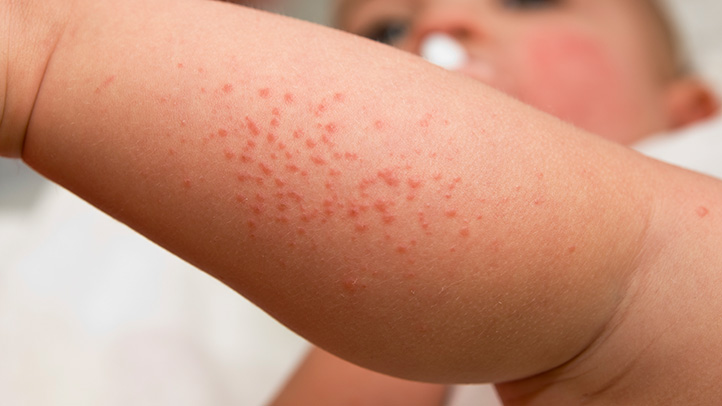Concussions are a type of traumatic brain injury that occur after a blow to the head or a sudden jolt to the body. They can affect anyone but are particularly common in athletes and individuals involved in high-impact activities. Symptoms like headaches, dizziness, and confusion can vary in severity, making early recognition and proper care essential. Raising awareness about prevention and recovery is key to minimizing long-term effects.
What Is a Concussion?
A concussion is a brain injury that affects how the brain works, often causing symptoms like headaches, dizziness, and confusion. Most concussion symptoms clear up within a few days to a month with proper rest and a gradual return to activities. However, in some cases, symptoms can last longer.
Signs & Symptoms of a Concussion
Concussion symptoms can appear immediately after a head injury or develop over several hours or days. Common symptoms include:
- Headache
- Confusion
- Dizziness
- Vision changes
- Nausea and/or vomiting
- Trouble walking or talking
- Memory loss (forgetting the injury or events before/after)
- Feeling sluggish
Children with a concussion may also have difficulty focusing, trouble sleeping, anxiety, or sadness. A concussion can happen even without losing consciousness.
What Happens in a Concussion?
A concussion occurs when the brain is injured, either by a direct blow to the head or a sudden forceful movement (like whiplash in a car accident). This movement disrupts chemical and blood flow in the brain, leading to the symptoms of a concussion.
How Do Kids and Teens Get Concussions?
Concussions are common in kids and teens, particularly in sports. High-risk sports include football, ice hockey, lacrosse, soccer, field hockey, and cheerleading. Concussions can also result from car or bike accidents, falls, or fights.
How Are Concussions Diagnosed?
If a child has had a head injury, they should be evaluated by a healthcare provider. To diagnose a concussion, the provider will:
- Ask how and when the injury happened
- Inquire about symptoms
- Test memory, concentration, balance, coordination, and reflexes
Concussions don’t show up on CAT scans or MRIs, though these tests may be used if the injury was severe or if the child was knocked out, has a worsening headache, or keeps vomiting.
How Are Concussions Treated?
Recovery from a concussion involves gradually returning to activities while avoiding overexertion.
- First 1–2 days: Reduce physical activity and mental concentration, like schoolwork. Encourage rest and calm activities, but avoid screen time (TV, phones, computers).
- After a day or so: Gradually reintroduce activities like walking, but avoid sports or rough play. If symptoms worsen during an activity, stop and try again later.
- Return to school: Most children can return to school after a few days, but they may need a reduced workload or shorter school days at first. Work with the healthcare provider and school to adjust as needed.
Important Tips for Recovery
- Limit screen time: Gradually reintroduce screen time, but keep it minimal as it can worsen symptoms.
- Ensure plenty of sleep: Establish a regular sleep schedule and avoid screen time or loud music before bed.
- Pain relief: For headaches, acetaminophen (Tylenol) or ibuprofen (Advil) can be used. Follow the label for correct dosages.
- Avoid sports: Do not let your child return to sports or activities that could lead to head injury until fully cleared by a healthcare provider. Repeated concussions can have serious long-term effects on the brain.
When to Call the Doctor
Contact your healthcare provider if:
- Your child is not back in school 5 days after the concussion.
- They are not performing their usual level of schoolwork after 2 weeks back.
- They still need medication for headaches a week or more after the injury.
- Symptoms (headache, vomiting, confusion, dizziness) persist or worsen.
- Symptoms last 4 weeks or more.
Seek immediate emergency care if your child passes out, has a seizure, or cannot be woken up.
What Else Should I Know?
Your child will need your support during their recovery. Encourage them to ease back into normal activities as symptoms allow, but never push them to “tough it out.” This could slow recovery and worsen symptoms.
Never allow your child to return to sports until they’ve been cleared by a healthcare provider. Sustaining another head injury before healing can be extremely dangerous. Repeated concussions can lead to permanent brain changes, so it’s important to take every head injury seriously.
If your child experiences another head injury, have them stop the activity immediately and inform a coach, teacher, or trusted adult. Then consult with your healthcare provider for further evaluation.



